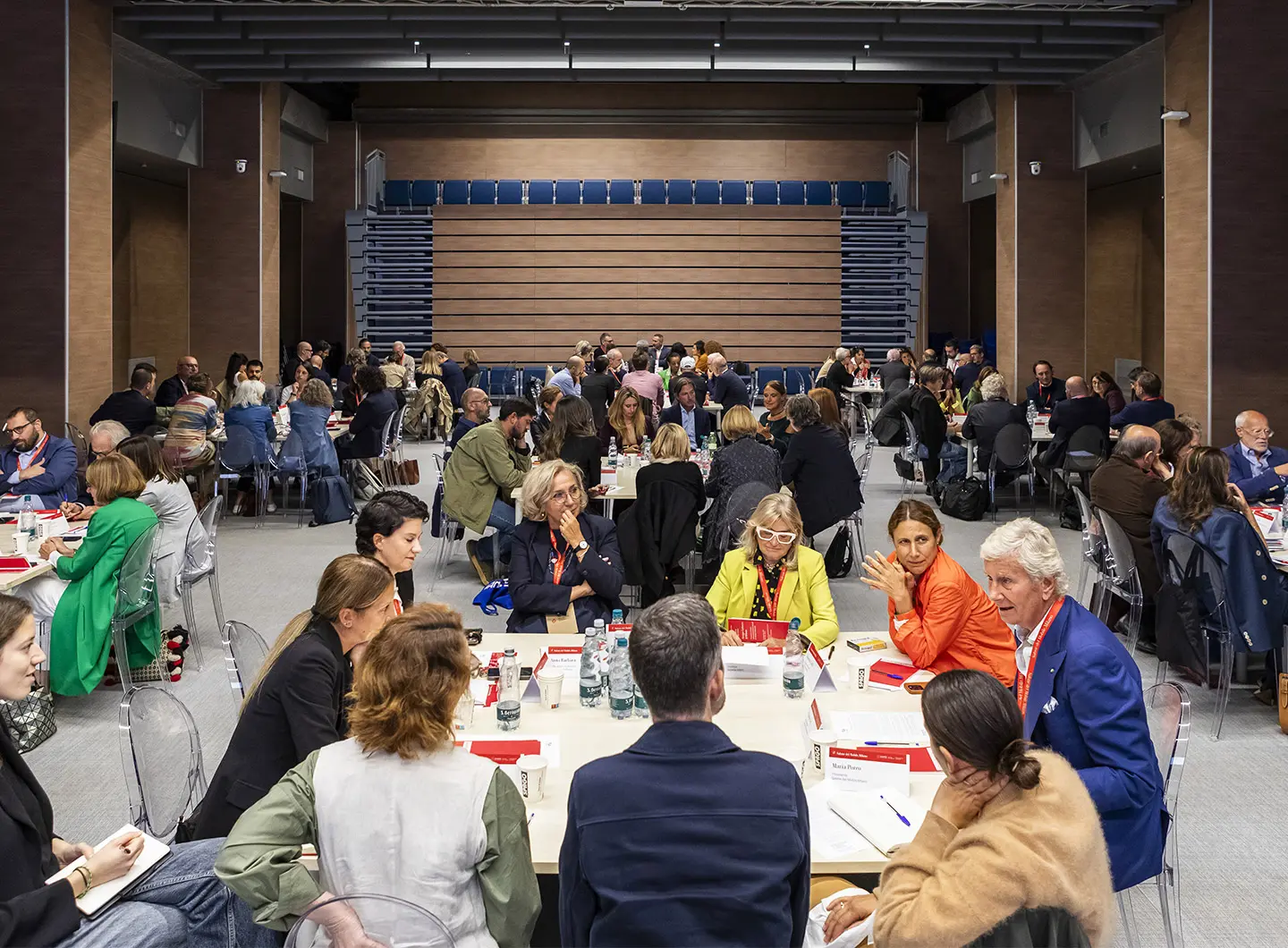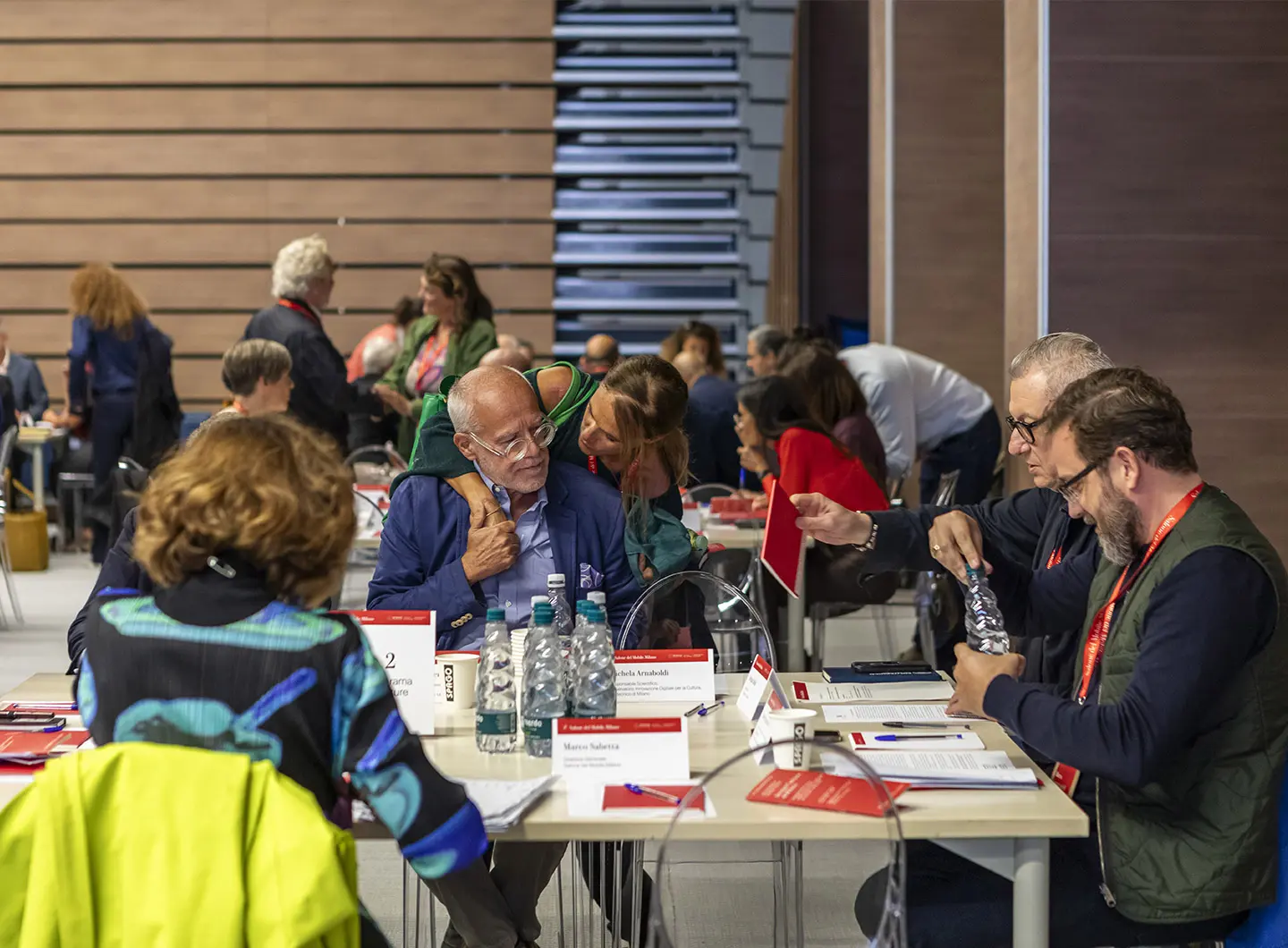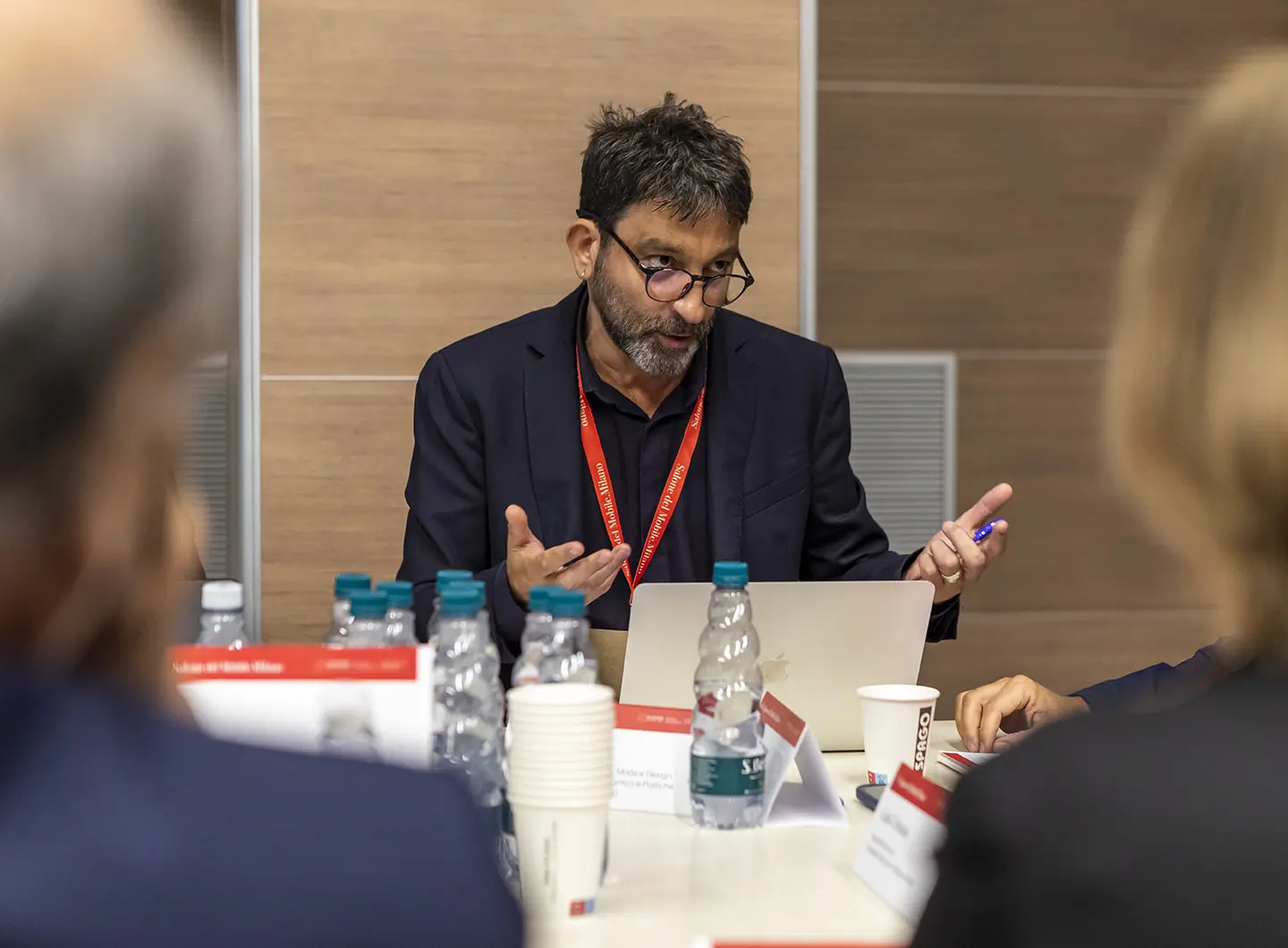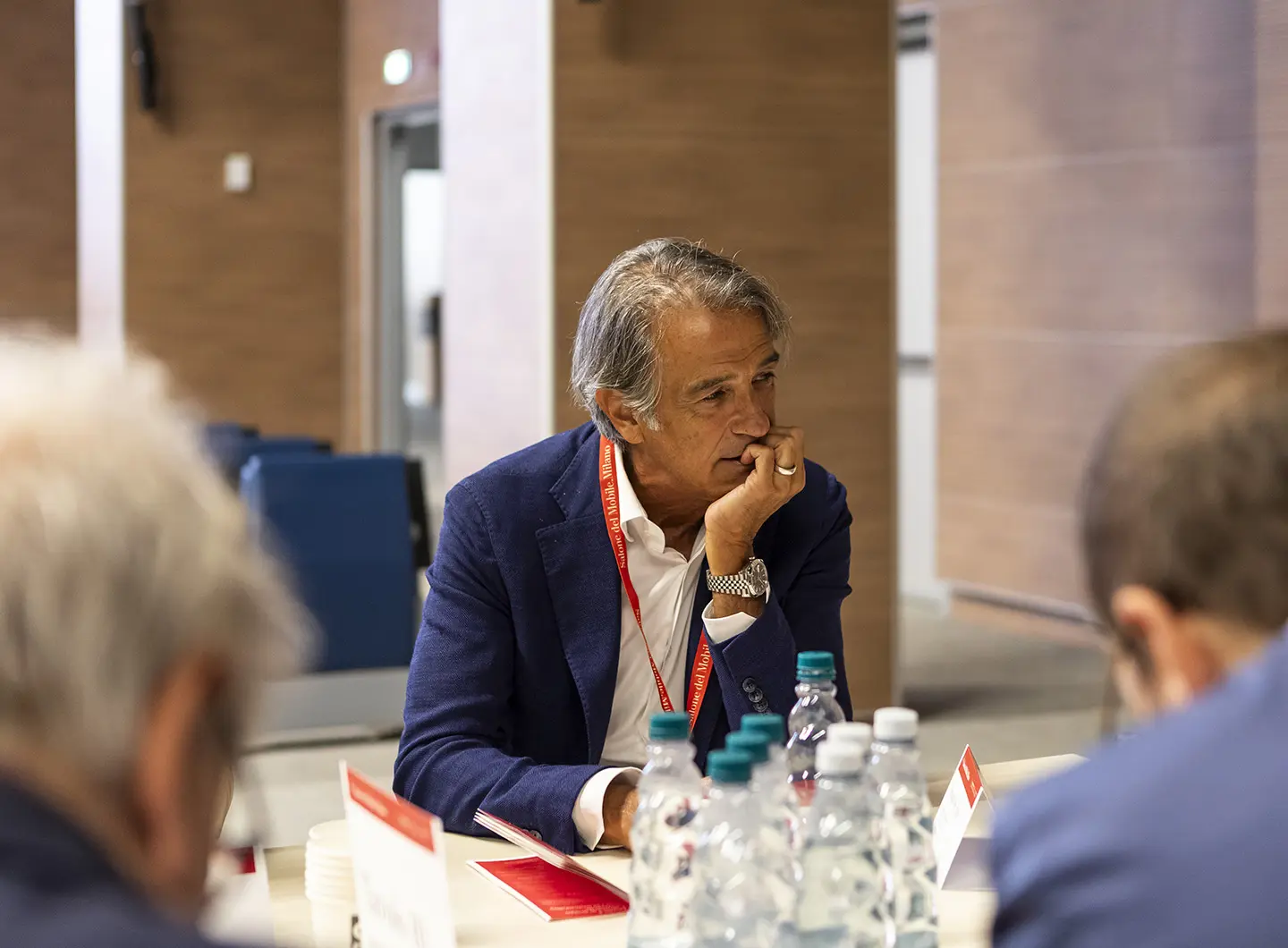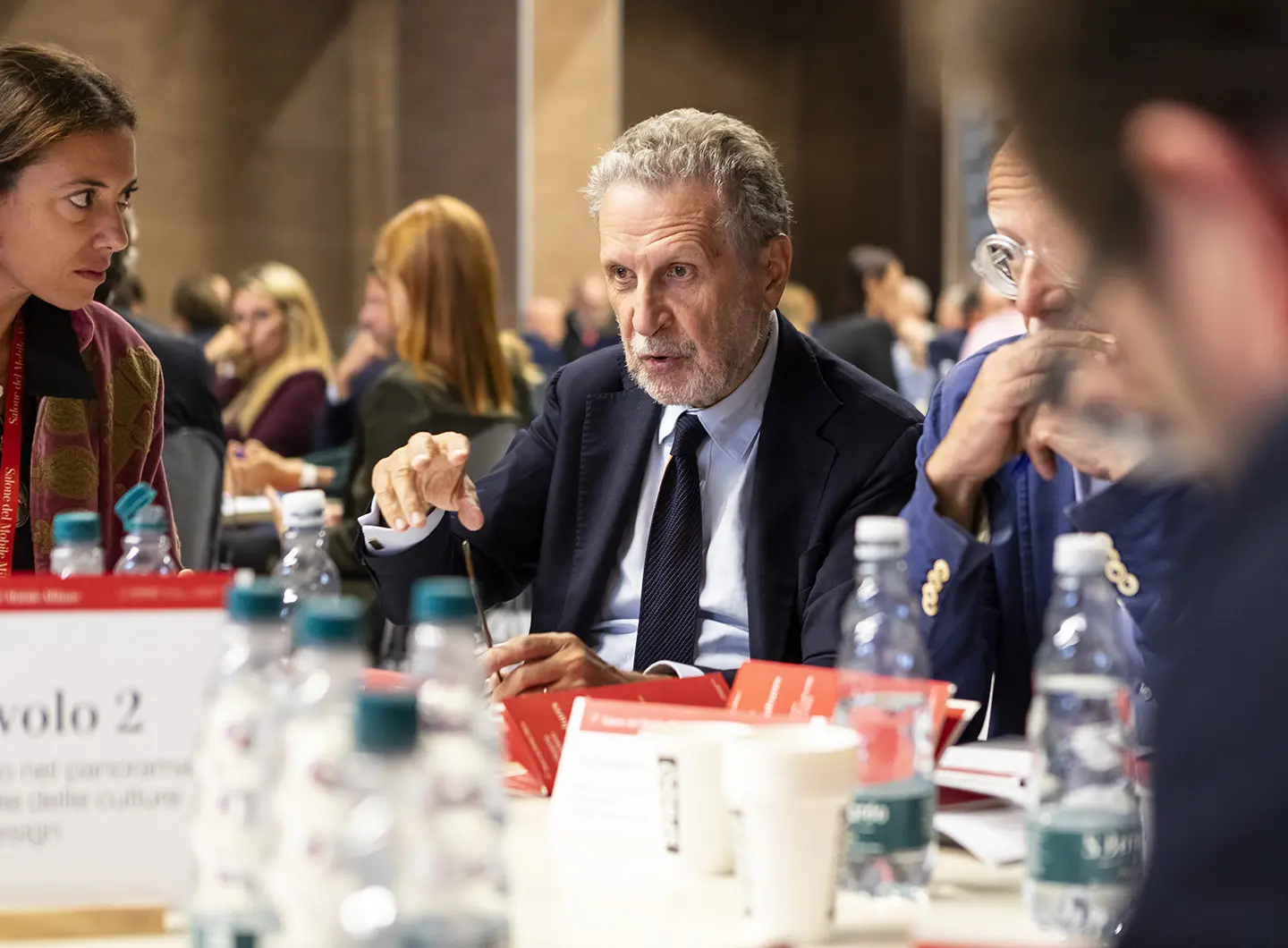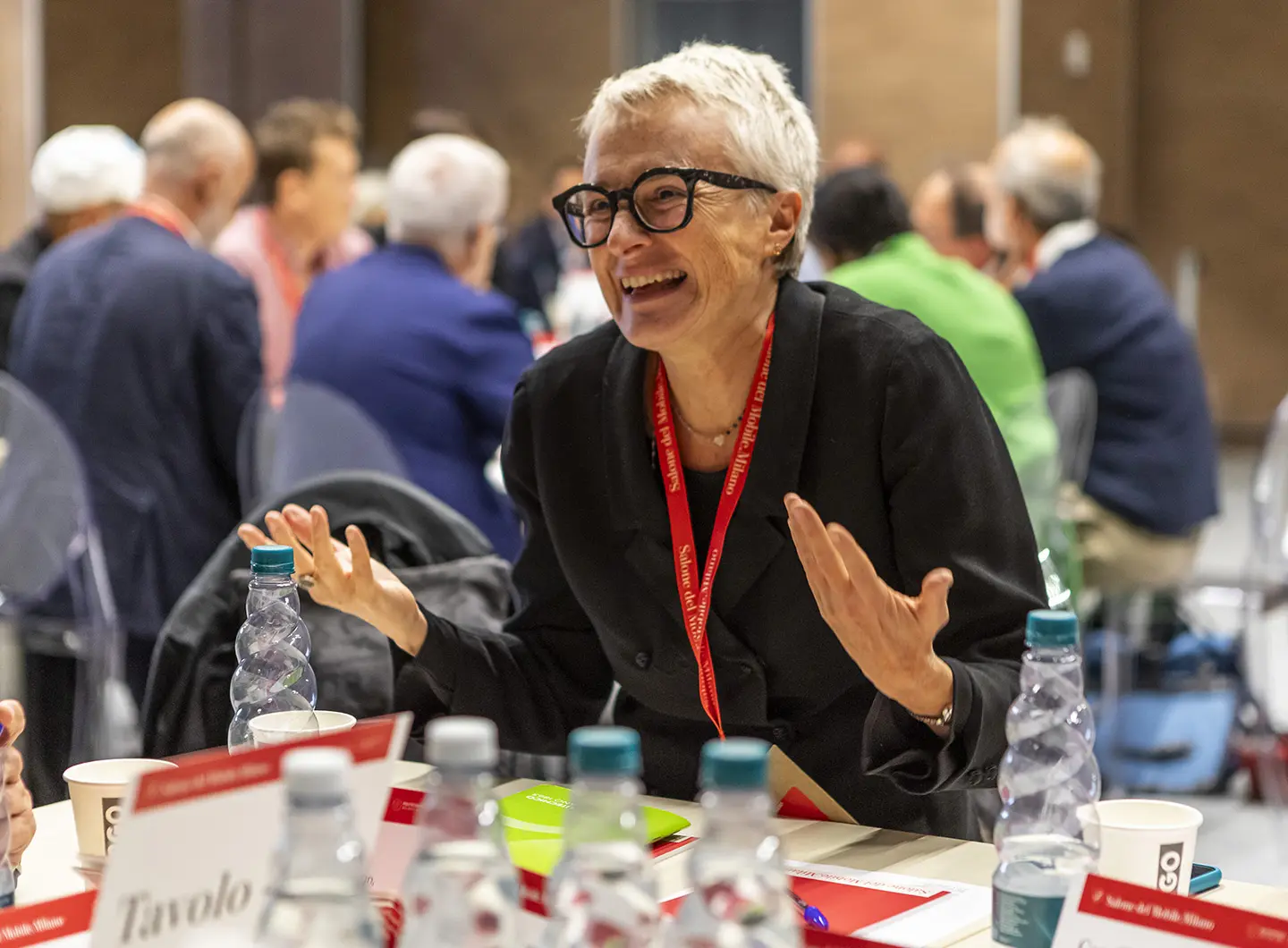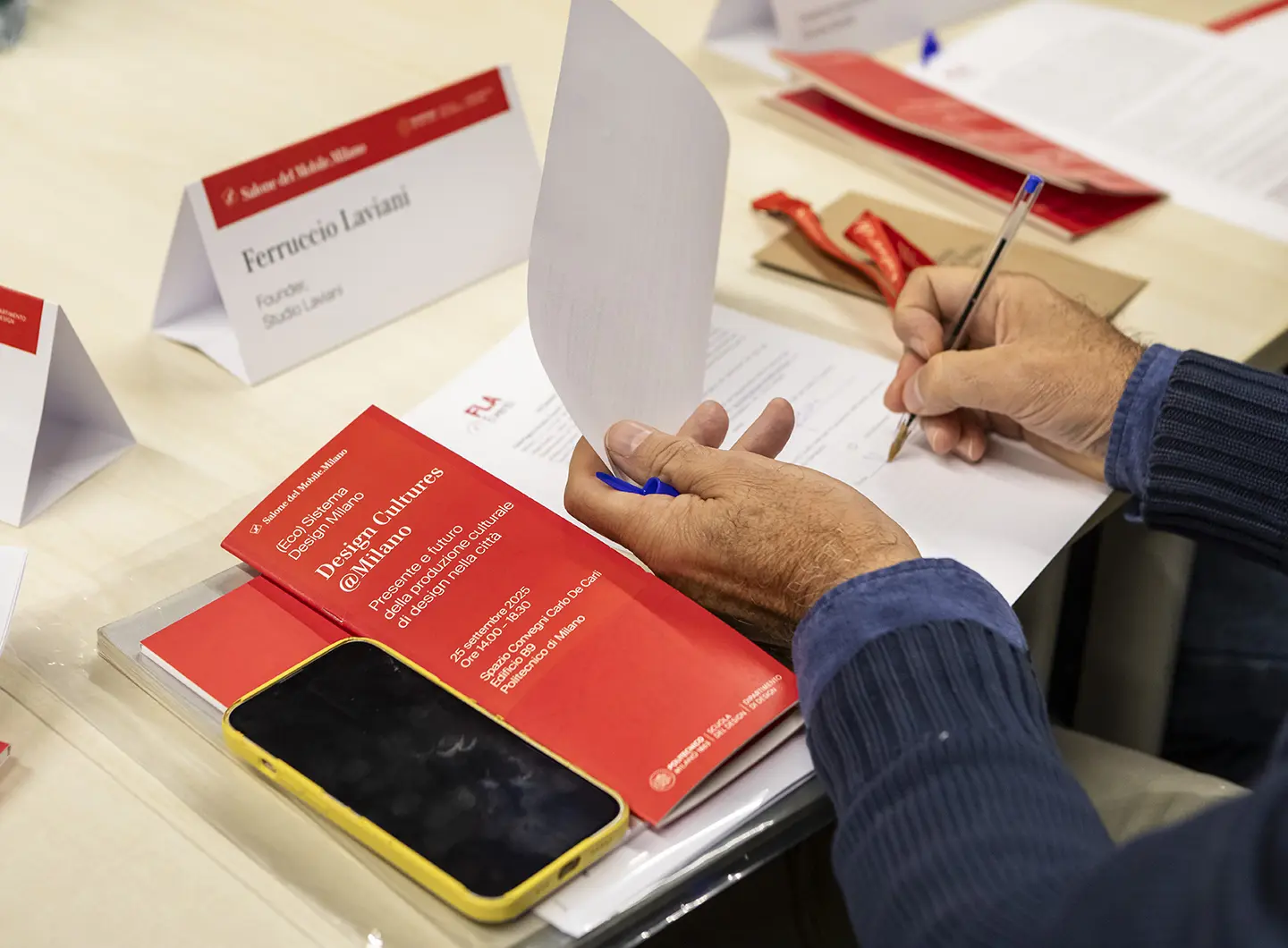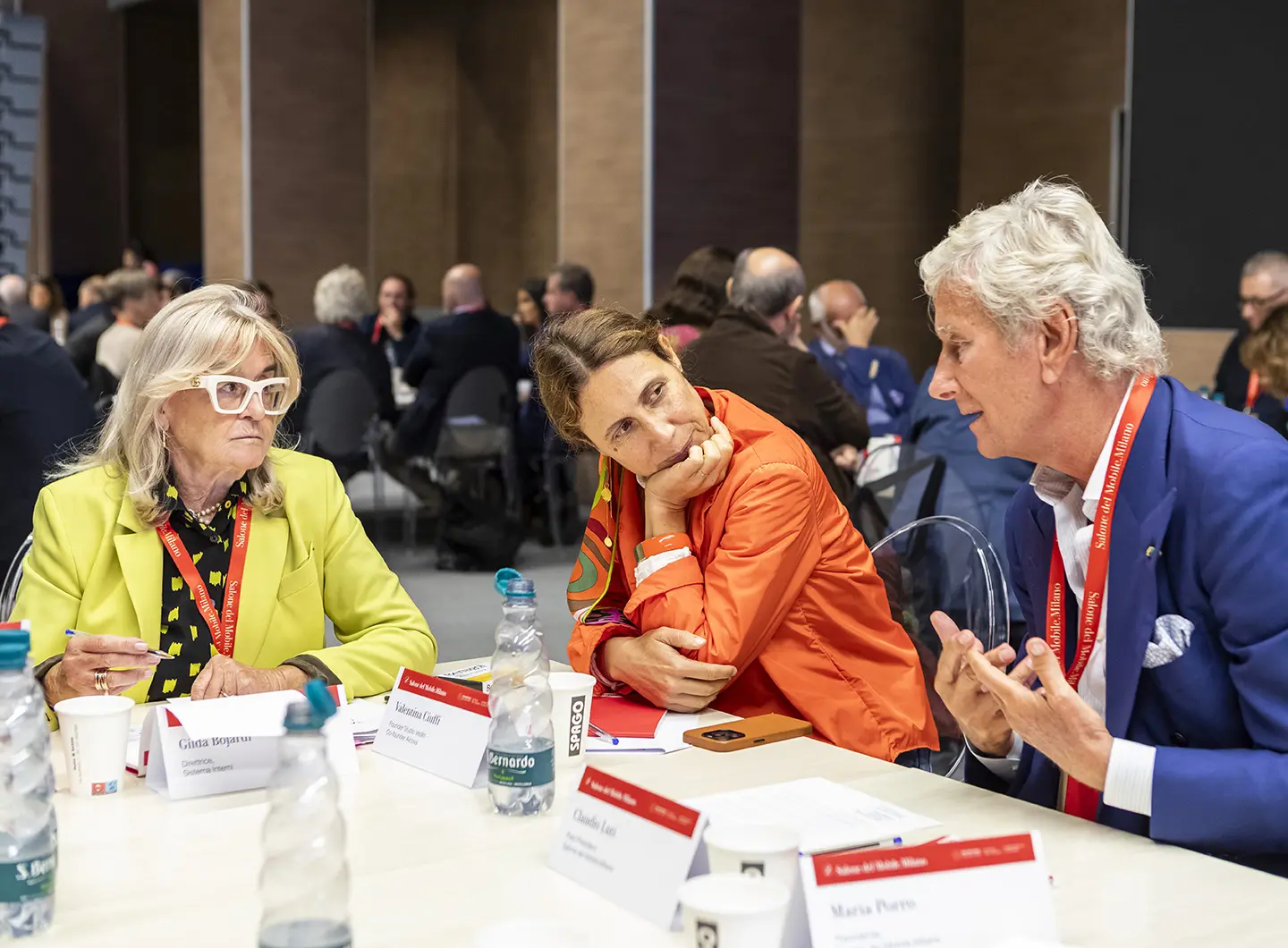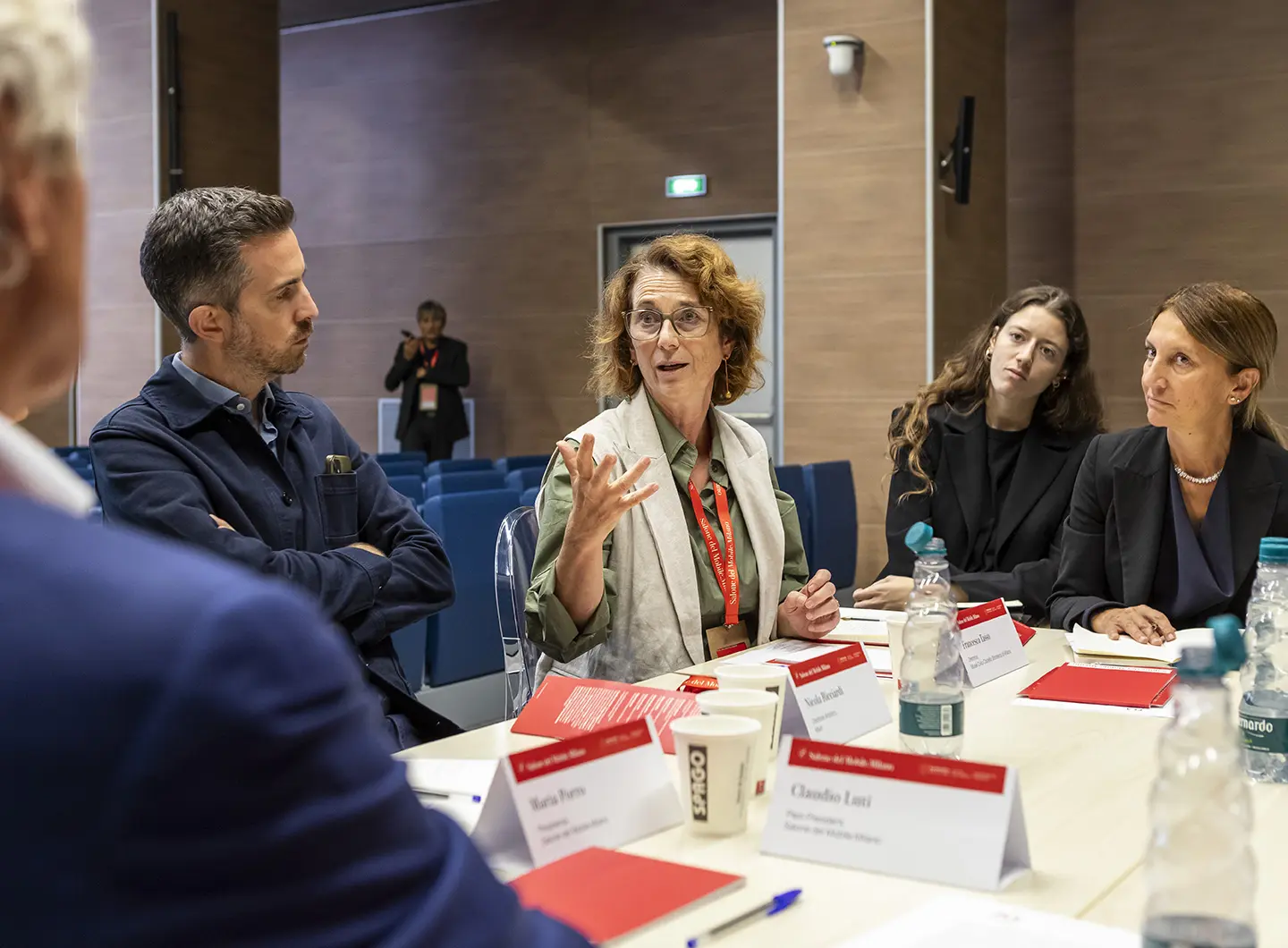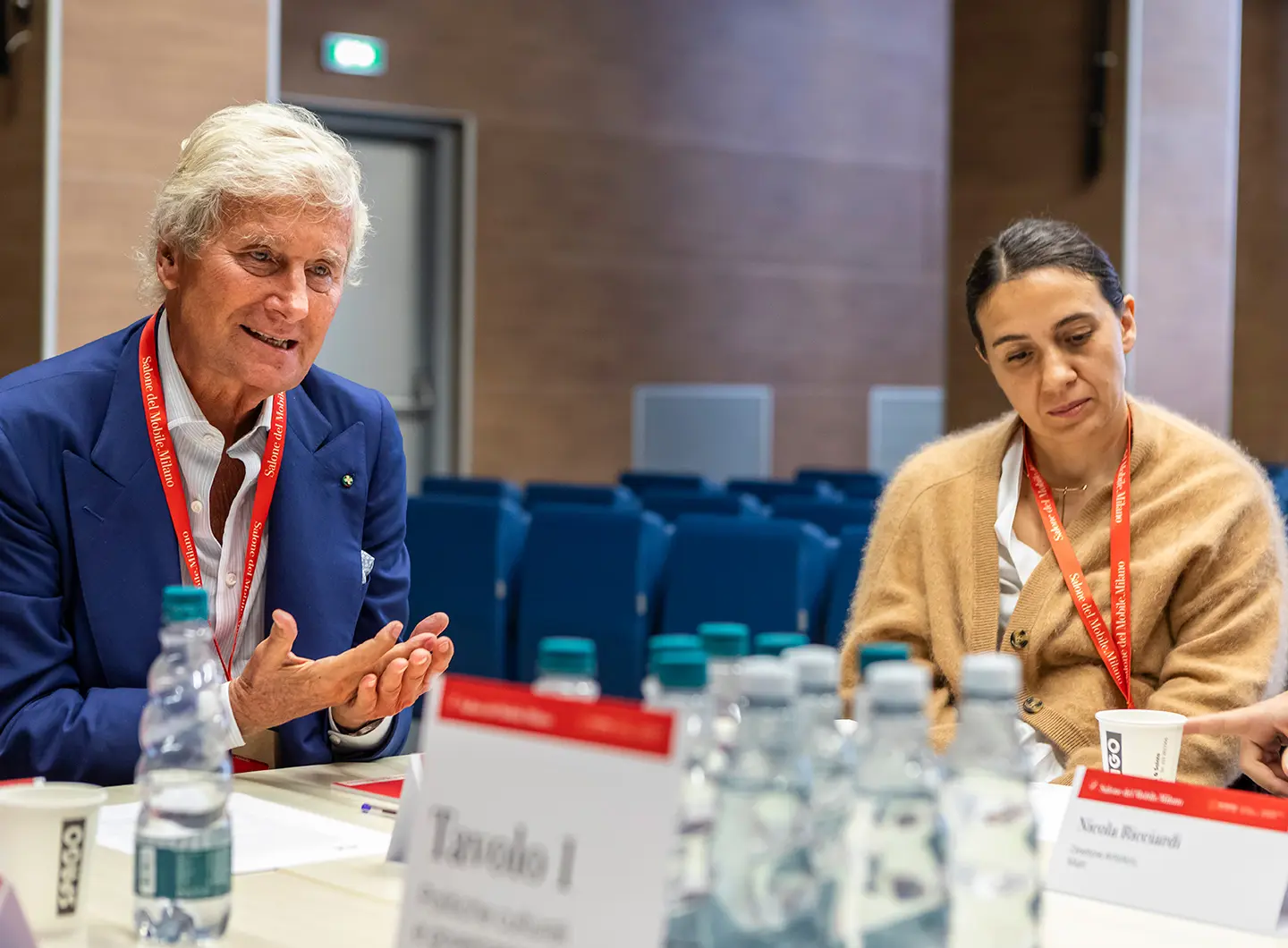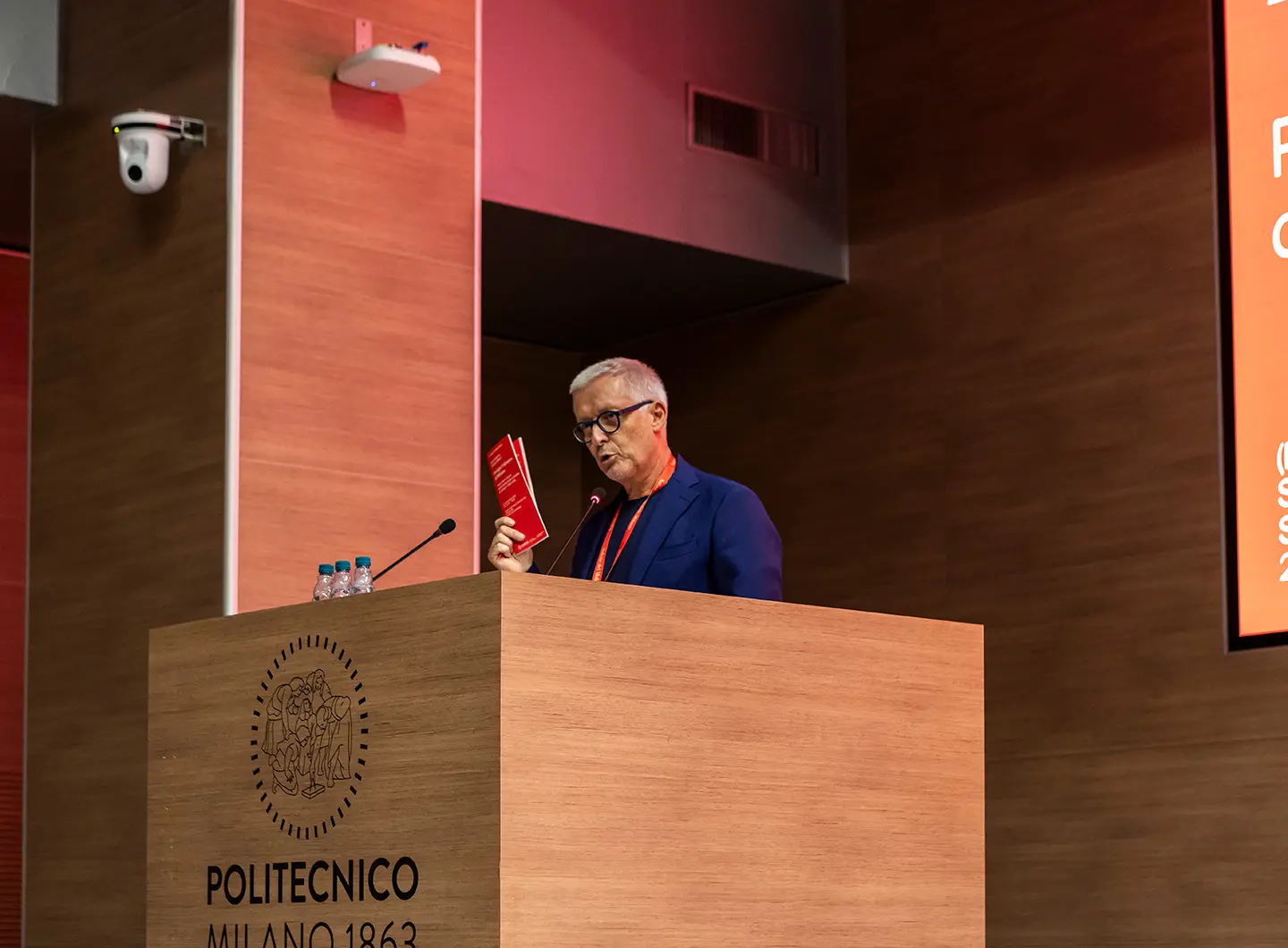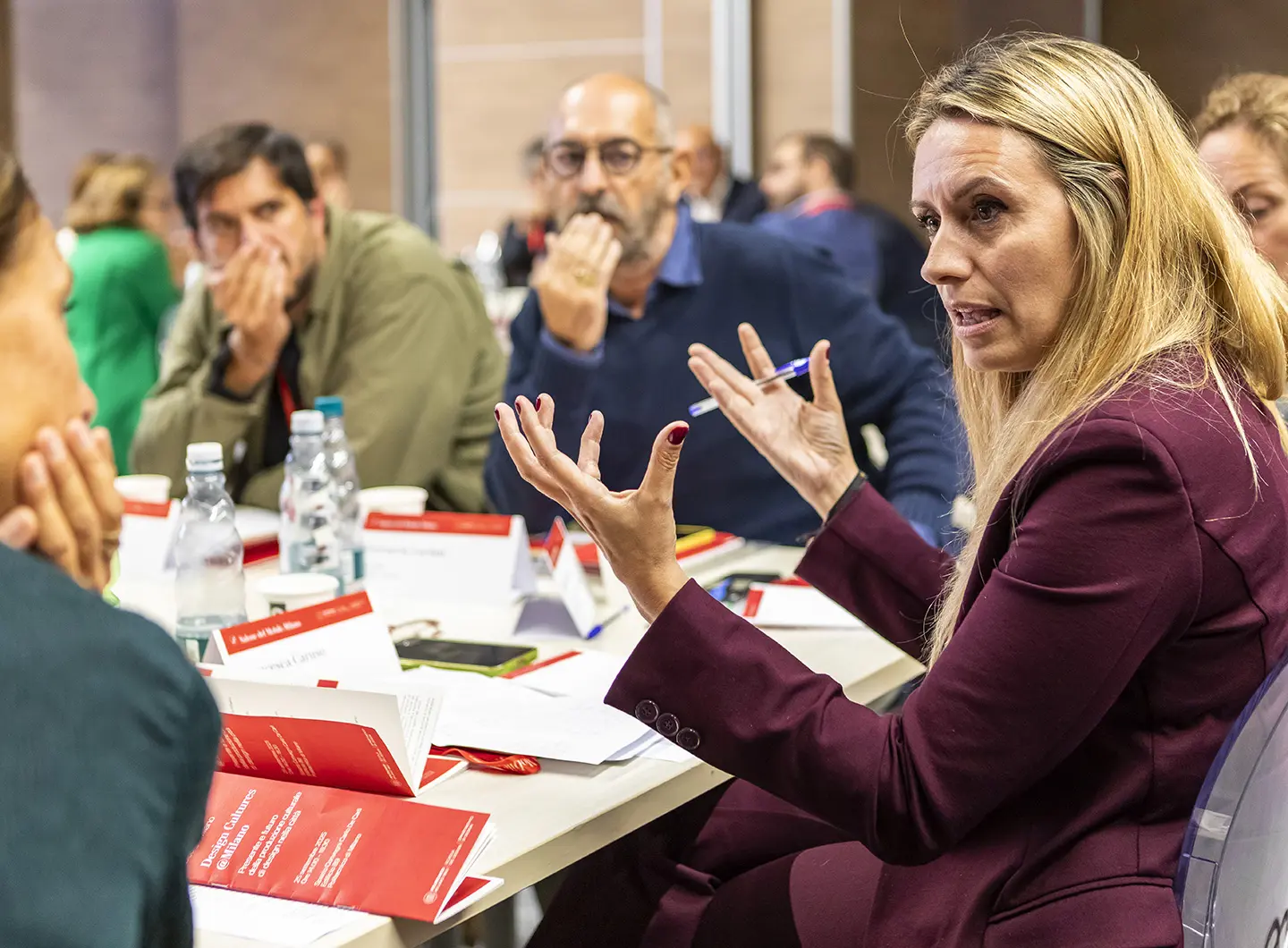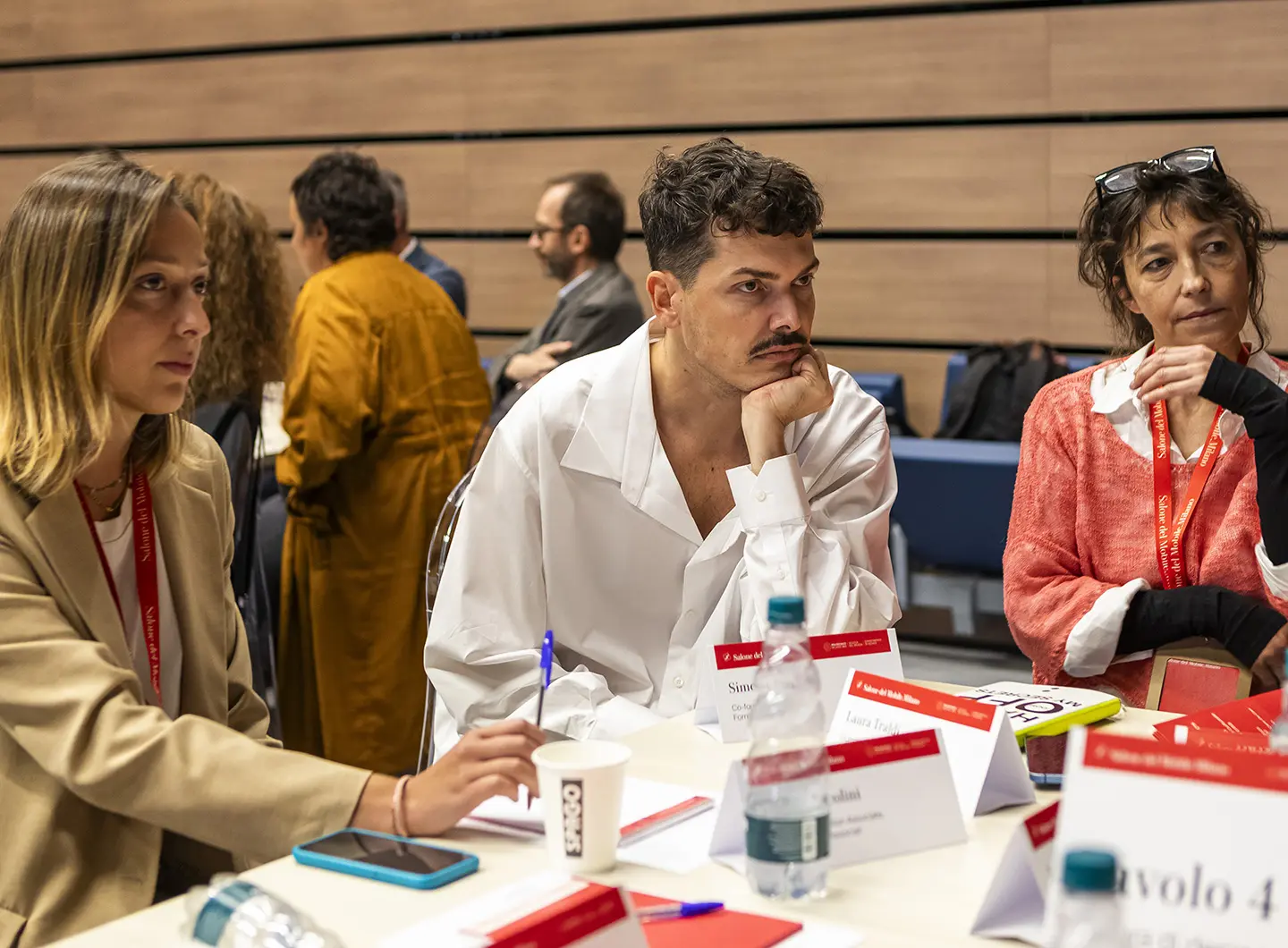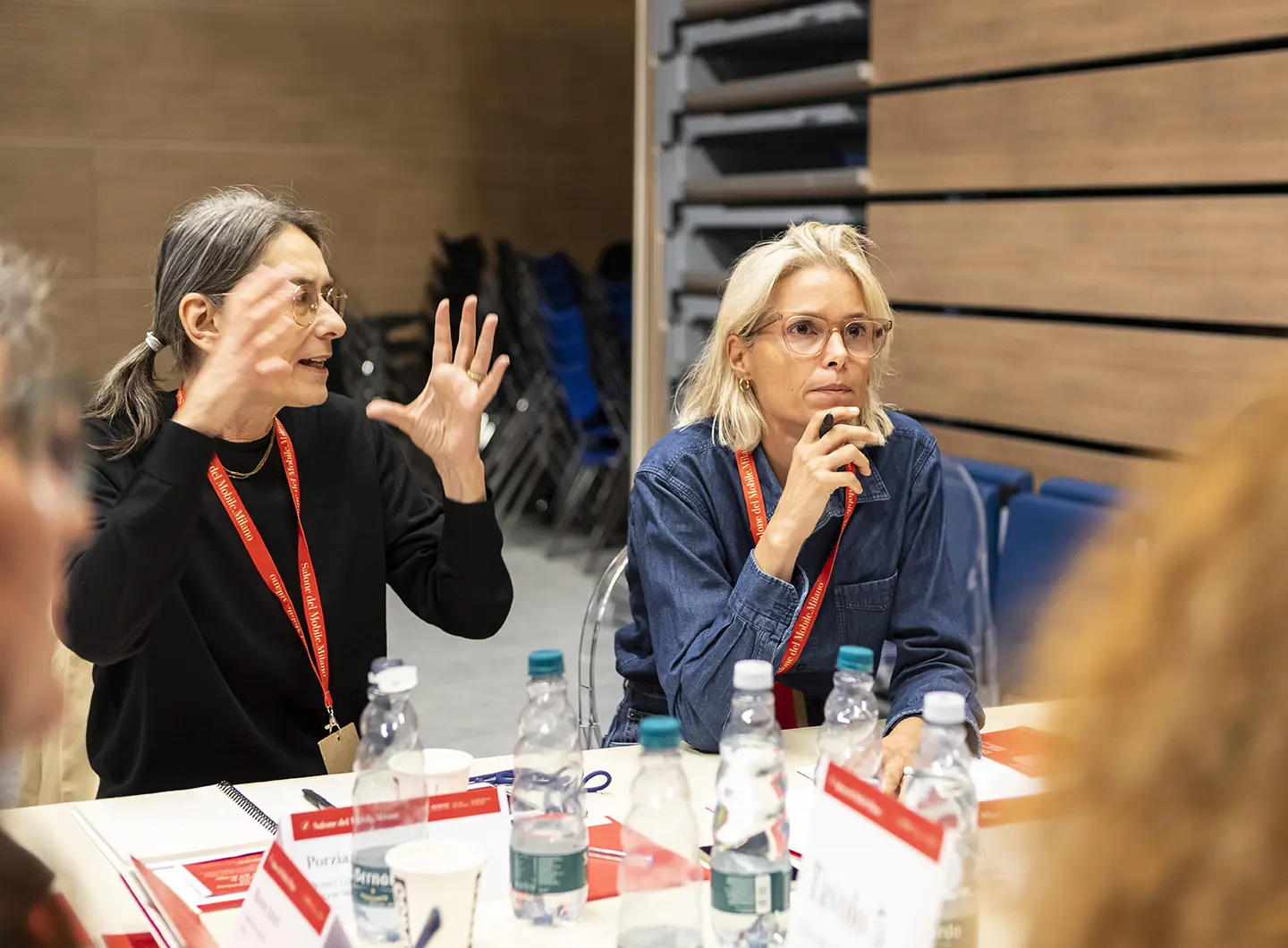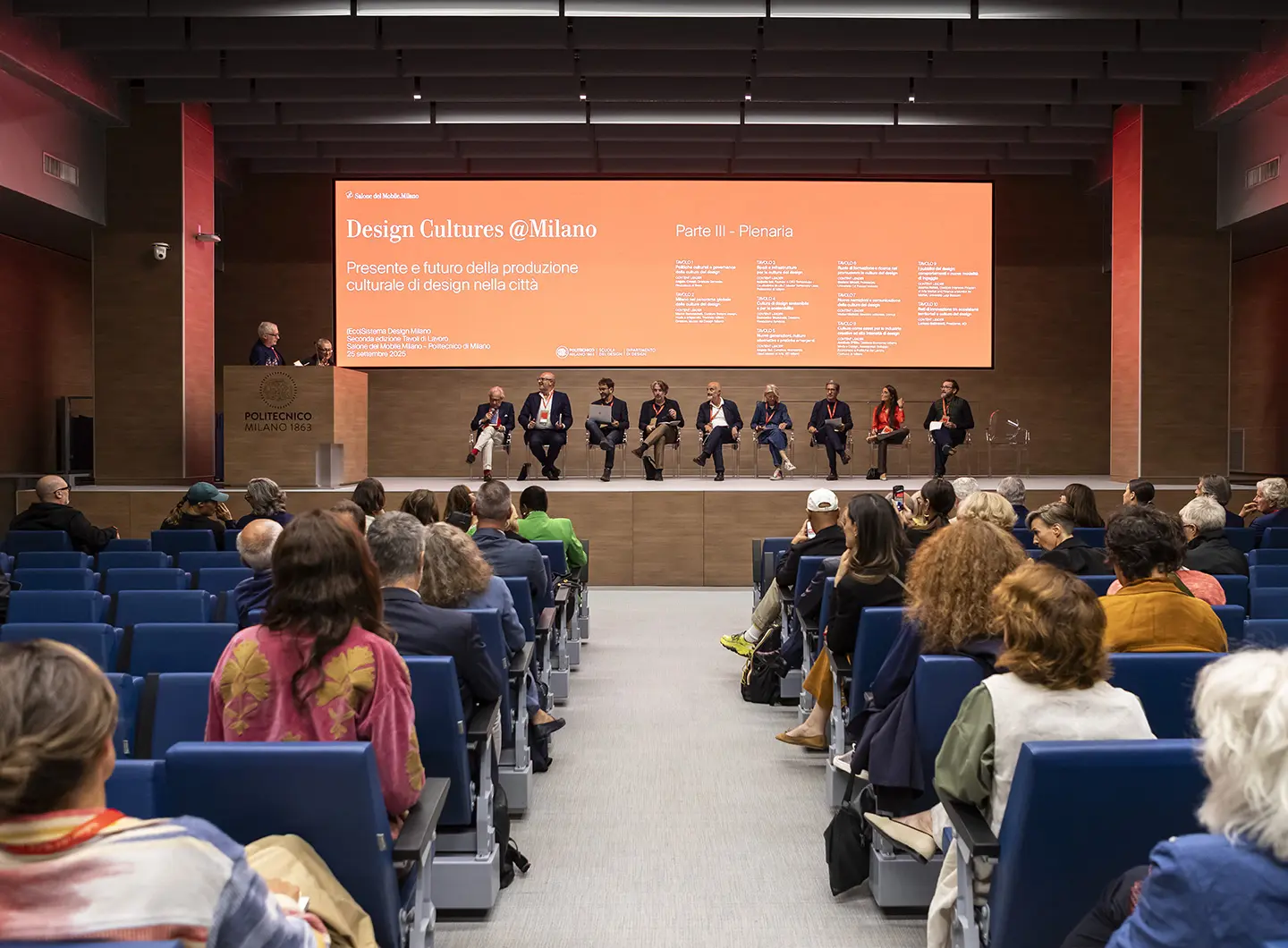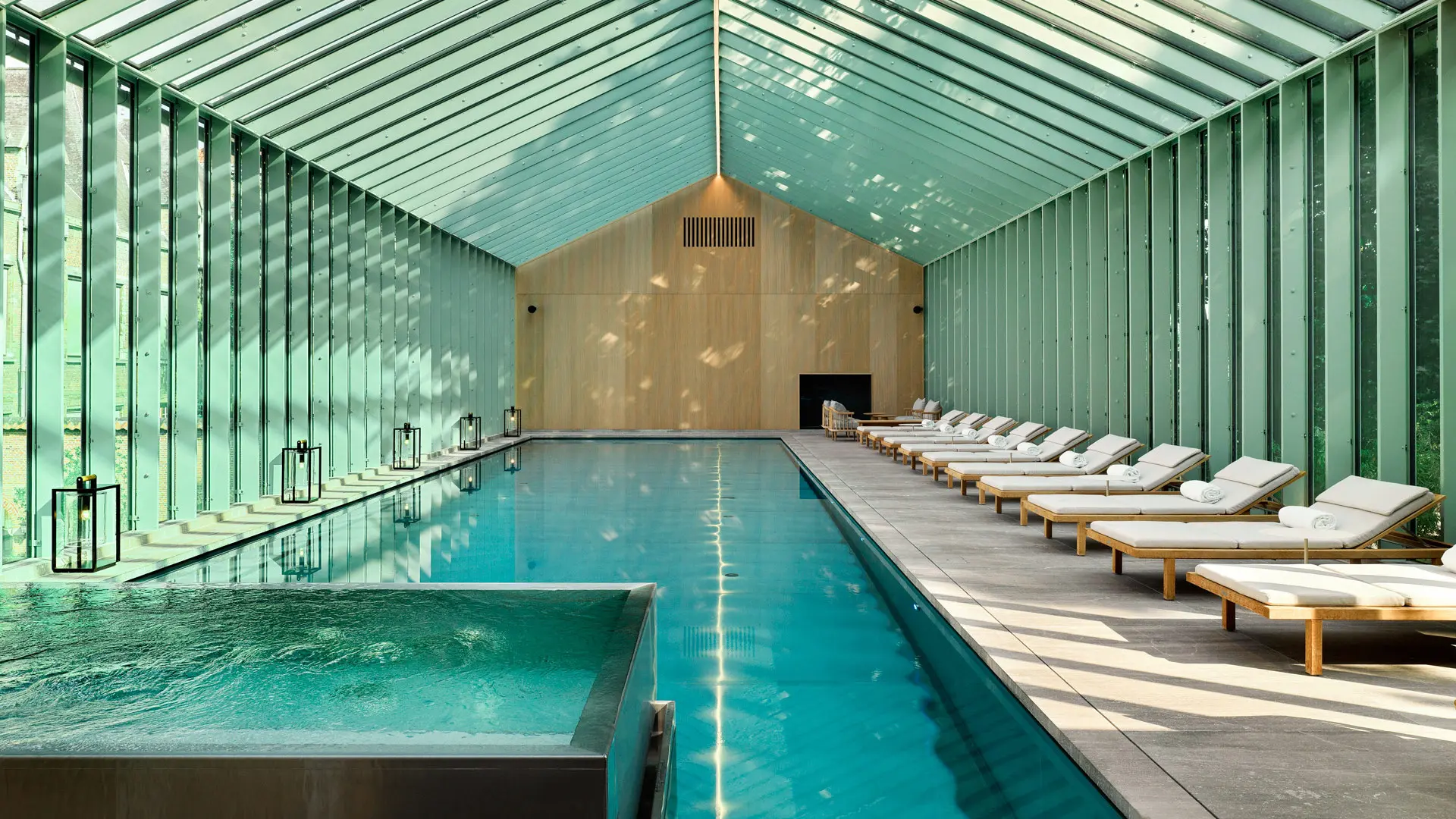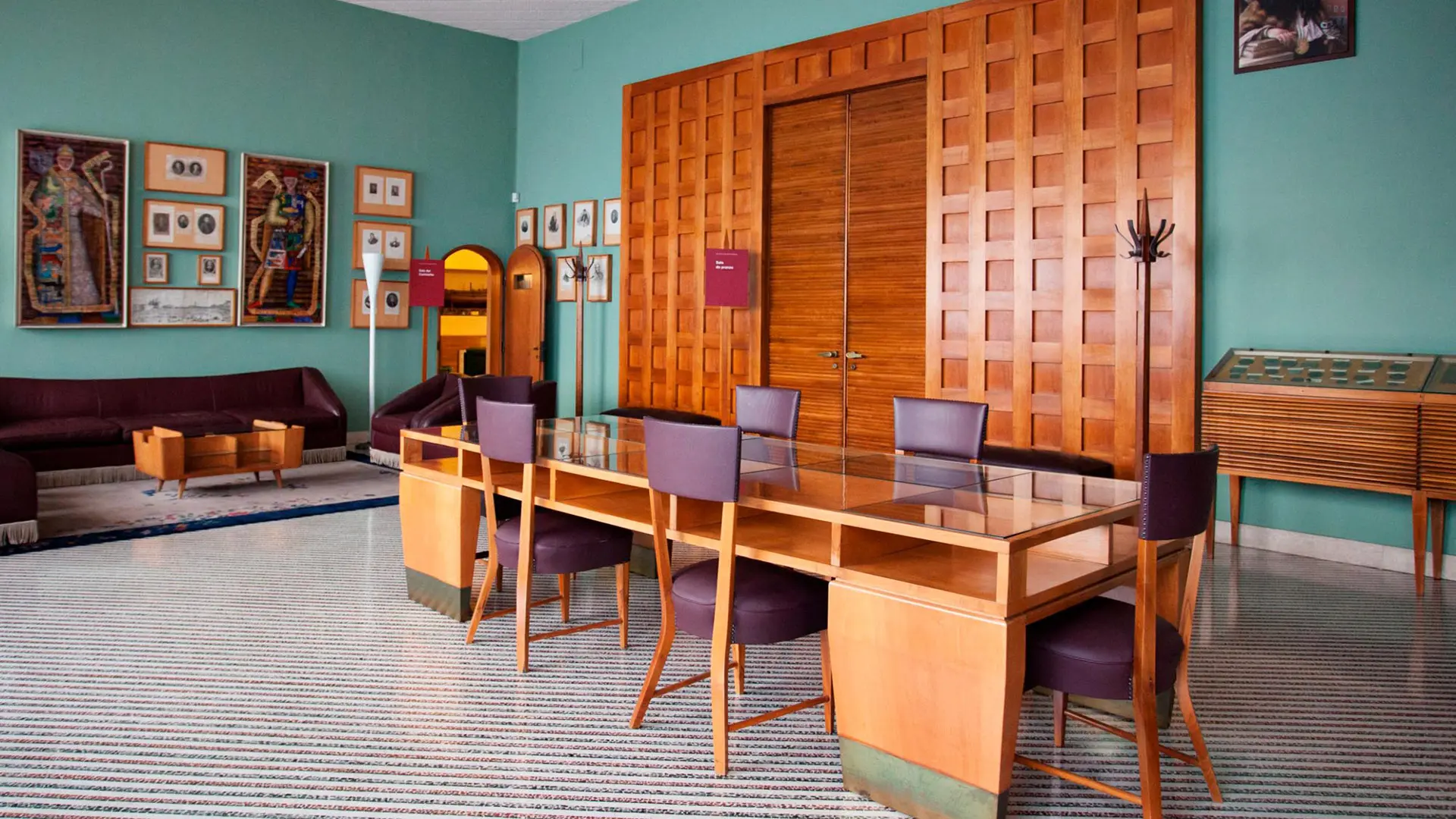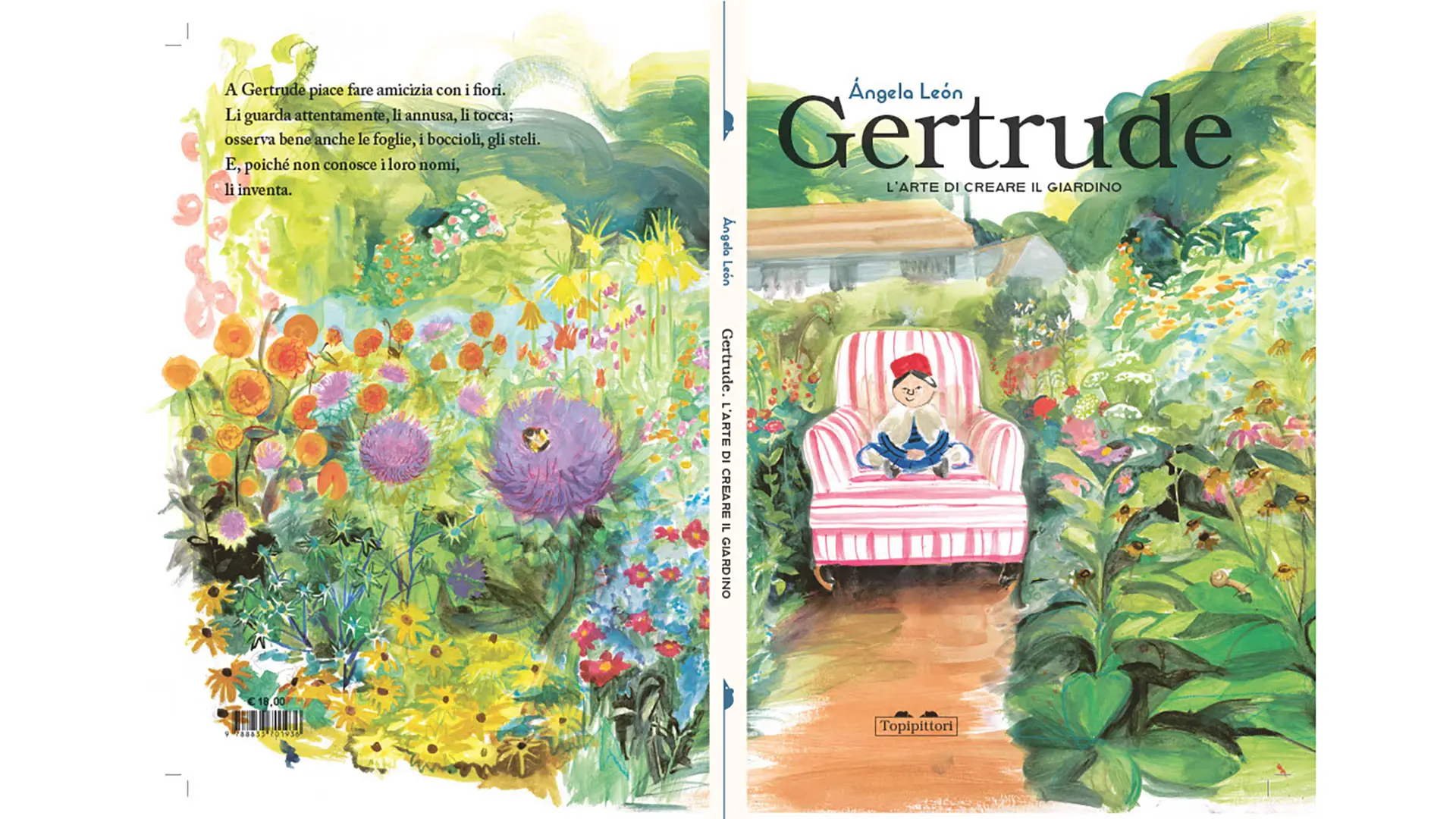From Lake Garda to Lake Lucerne, from Antwerp to New York City, all the way to India: looking forward to the International Bathroom Exhibition, we handpicked the best wellness centres around the world where you can recharge and find a new balance between mind and body
The second edition of the Roundtables on Milan Design (Eco) System
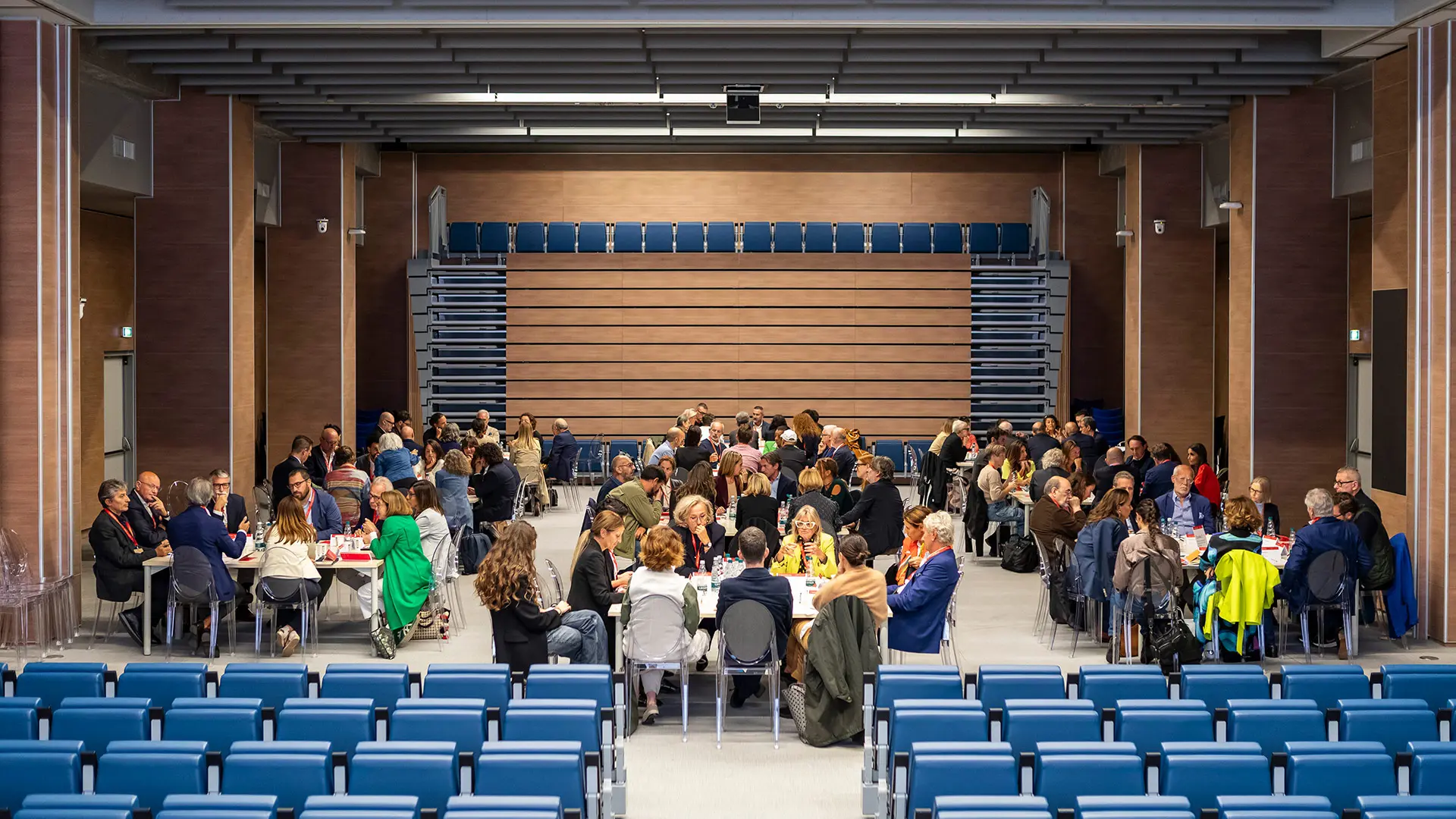
Milan Design (Eco) System - Ph. Andrea Mariani
Discussions ranged from the role of cultural policies and training, the appearance of new publics and emerging practices, all the way to innovative networks between territories and design. This is an account of the day’s work on Thursday 25 September, as part of the research project promoted by the Salone del Mobile and the Politecnico di Milano. The Annual Report 2024 project has been selected for the ADI Design Index 2025 in the Theoretical, Historical and Critical Research category
Ten thematic roundtables with over one hundred stakeholders comprising journalists, curators, representatives of institutions, associations and actors in the design industry. On Thursday 25 September the first meeting and discussion on the Milan Design (Eco) System was held at the Carlo De Carli Conference Space of the Politecnico di Milano. This research project was launched in 2024 and promoted by Salone del Mobile.Milano, in conjunction with the Department of Design and with the support of the School of Design of the Politecnico di Milano. The objective: to measure the impact and legacy of the Salone del Mobile and the multi-site events held across the city to outline possible scenarios for future development.
The day’s work, entitled “Design Cultures @Milano. Present and Future of Cultural Design Production in the City”, was conducted by Francesco Zurlo, Dean of the School of Design at the Politecnico di Milano, and Stefano Maffei, Professor at the Politecnico di Milano. “There is a real reciprocity between the Salone del Mobile and the Politecnico di Milano: a continuous exchange of experiences, knowledge and approaches,” said Zurlo, commenting on the renewed collaboration. “In the context of research, it is essential to involve other stakeholders, and this process is already underway. Last year we worked with several data holders, who were reconfirmed and supported by new players interested in sharing their vision on the design ecosystem in Milan. The merit of the Salone is that it has promoted the creation of a structured interpretative framework of a phenomenon that until recently was entrusted only to opinions. We have taken care of the scientific side, an essential step: knowledge means being able to get our bearings and define effective policies to support the development of this sector.”
The workshops were opened by a speech by Giampiero Bosoni, critic and professor at the Politecnico di Milano. Bosoni stressed that the culture of design is not reduced to a set of objects, but represents a system of values. The objects designed become bearers of symbols and meanings, helping to build relationships. “The culture of design is a device for generating encounters,” he said, and quoted Spinoza: “positive encounters enhance and give rise to joy.”
Maria Porro, President of the Salone del Mobile, underlined the centrality of the Salone del Mobile in inspiring new projects and encouraging cultural exchanges: “The purpose of this day, through the lens of cultural production, is to understand with honesty and transparency the critical issues and strengths of an event that is unique worldwide. Only through collaboration can we build a concrete dialogue. We live in complex times, in which networking and creating synergies is the only way to cope with an unprecedented global crisis. We have in our hands a city that is home to over 700 cultural producers, companies with decades of experience in design, cultural institutions, specialized schools and universities: an extraordinary heritage to be protected and enhanced. All this takes shape in a temporary event, but is deeply rooted in permanent elements. It is in the relationship between the temporary and the permanent that the magic that cannot be separated from culture is born”.
“In a global context dominated by uncertainty and very rapid transformations, research projects such as Design (Eco) System take on an undoubtedly strategic value. It is crucial for guiding the choices of companies facing global challenges: sustainability, digitization, new forms of living and production,” commented Claudio Feltrin, President of FederlegnoArredo. “For FederlegnoArredo, this approach is fundamental, because accompanying companies means not just supporting them in their daily challenges, but helping them to understand the context in which they work and the opportunities that arise from belonging to a system larger than each individual business. In fact, the research is not limited to providing a snapshot of the present, but offers a key to understanding the future, by measuring what we could define as the widespread value of the Salone del Mobile. Milan, which is not just an economic value, but a value made up of connections, partnerships between companies, designers, universities and regions. It is a tool, based on the numbers, to demonstrate how the wood-furniture supply chain and the Salone del Mobile as its highest expression, not only contribute to the growth of the sector, but also impel energy, knowledge and business that could not exist without this stimulation.”
Leading the debate and discussions of the Roundtables, were 10 Content Leaders: Annibale D’Elia, Director of Urban Economy, Fashion and Design, Department of Economic Development and Labour Policies, Municipality of Milan; Chiara Rostagno, Deputy Director General of the Pinacoteca di Brera and the Biblioteca Nazionale Braidense; Marco Sammicheli, Curator of the Design, Fashion and Crafts Sector of the Triennale Milano – Director, Museo del Design Italiano; Isabella Inti, Founder Temporiuso.net – Co-director M-US-T Master Temporary Uses, Politecnico di Milano; Domenico Sturabotti, Director, Fondazione Symbola; Angela Rui, Curator, researcher, Head of MA Programs IED Milan; Stefano Micelli, Professor, Ca’ Foscari University of Venice; Walter Mariotti, Editorial Director, Domus; Andrea Rurale, Director of the Intensive Program of Arts Market and Finance and Monitor Art Market, Università Luigi Bocconi; Luciano Galimberti, President, ADI.
The contributions that emerged from the roundtables will form the basis for the thematic analysis of the cultural production of design in Milan, the first stage of the activity of the Milan Design (Eco) System Observatory. The results will be published in the 2025 Annual Report, a valuable tool for decision makers and citizens, useful for planning an event that is constantly evolving, increasingly inclusive and sustainable, in dialogue with the city and its different souls.
The Research and Roundtables are curated by Susanna Legrenzi, Press & Communication Strategy Advisor, Salone del Mobile.Milano; Francesco Zurlo, Dean of the School of Design, Politecnico di Milano, Stefano Maffei, Full Professor, Politecnico di Milano; Massimo Bianchini, Associatea Professor, Politecnico di Milano, and the researchers Francesco Leoni and Filippo Parolini.


 Exhibitions
Exhibitions
